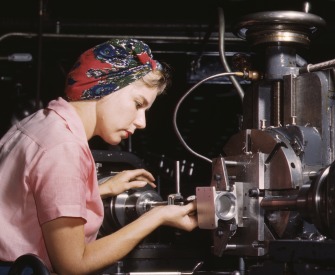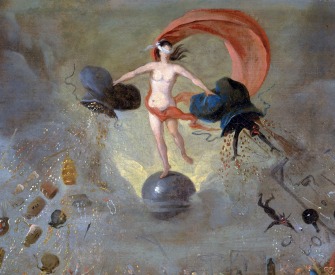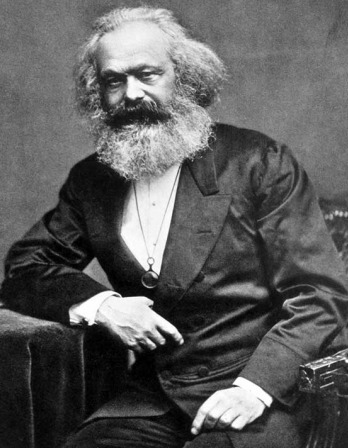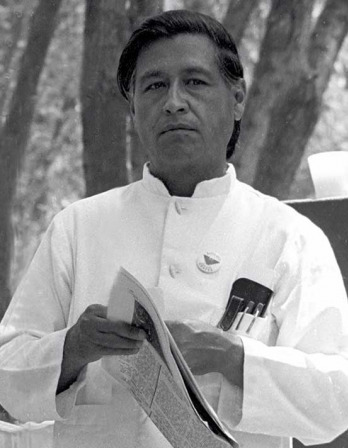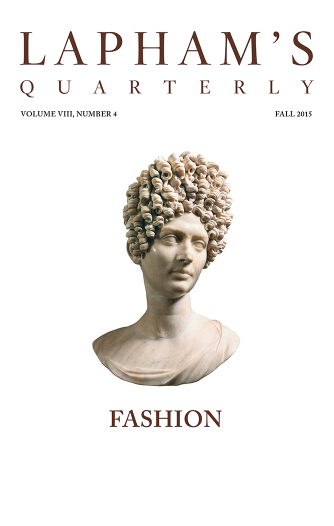Under a system of perfectly free commerce, each country naturally devotes its capital and labor to such employments as are most beneficial to each. This pursuit of individual advantage is admirably connected with the universal good of the whole.
By stimulating industry, by rewarding ingenuity, and by using most efficaciously the peculiar powers bestowed by nature, it distributes labor most effectively and most economically, while by increasing the general mass of productions, it diffuses general benefit and binds together by one common tie of interest and intercourse the universal society of nations throughout the civilized world. It is this principle which determines that wine shall be made in France and Portugal, that corn shall be grown in America and Poland, and that hardware and other goods shall be manufactured in England.
In one and the same country, profits are, generally speaking, always on the same level, or differ only as the employment of capital may be more or less secure and agreeable. It is not so between different countries. If the profits of capital employed in Yorkshire should exceed those of capital employed in London, capital would speedily move from London to Yorkshire, and an equality of profits would be effected; but if in consequence of the diminished rate of production in the lands of England, from the increase of capital and population, wages should rise and profits fall, it would not follow that capital and population would necessarily move from England to Holland, or Spain, or Russia, where profits might be higher.
If Portugal had no commercial connection with other countries, instead of employing a great part of her capital and industry in the production of wines, with which she purchases for her own use the cloth and hardware of other countries, she would be obliged to devote a part of that capital to the manufacture of those commodities, which she would thus obtain probably inferior in quality as well as quantity.
The quantity of wine which she shall give in exchange for the cloth of England is not determined by the respective quantities of labor devoted to the production of each, as it would be if both commodities were manufactured in England or both in Portugal.
England may be so circumstanced that to produce the cloth may require the labor of a hundred men for one year; and if she attempted to make the wine, it might require the labor of 120 men for the same time. England would therefore find it her interest to import wine and to purchase it by the exportation of cloth.
To produce the wine in Portugal might require only the labor of eighty men for one year, and to produce the cloth in the same country might require the labor of ninety men for the same time. It would therefore be advantageous for her to export wine in exchange for cloth. This exchange might even take place, notwithstanding that the commodity imported by Portugal could be produced there with less labor than in England. Though she could make the cloth with the labor of ninety men, she would import it from a country where it required the labor of a hundred men to produce it, because it would be advantageous to her rather to employ her capital in the production of wine, for which she would obtain more cloth from England than she could produce by diverting a portion of her capital from the cultivation of vines to the manufacture of cloth.

Girls in the Windows, by Ormond Gigli, 1960. © Ormond Gigli, courtesy the artist and Robert Klein Gallery.
Thus England would give the produce of the labor of a hundred men for the produce of the labor of eighty. Such an exchange could not take place between the individuals of the same country. The labor of a hundred Englishmen cannot be given for that of eighty Englishmen, but the produce of the labor of a hundred Englishmen may be given for the produce of the labor of eighty Portuguese, sixty Russians, or 120 East Indians. The difference in this respect between a single country and many is easily accounted for by considering the difficulty with which capital moves from one country to another to seek a more profitable employment, and the activity with which it invariably passes from one province to another in the same country.
The money of each country is apportioned to it in such quantities only as may be necessary to regulate a profitable trade of barter. England exported cloth in exchange for wine because by so doing, her industry was rendered more productive to her; she had more cloth and wine than if she had manufactured both for herself; and Portugal imported cloth and exported wine because the industry of Portugal could be more beneficially employed for both countries in producing wine. Let there be more difficulty in England in producing cloth or in Portugal in producing wine, or let there be more facility in England in producing wine or in Portugal in producing cloth, and the trade must immediately cease.
From On the Principles of Political Economy and Taxation. In 1786, at the age of fourteen, Ricardo began working at the London Stock Exchange at the urging of his father, a trader. Ricardo later married a Quaker and was disinherited by his parents, but he grew wealthy enough to retire in 1815. Two years later he published this work when James Mill, father of philosopher John Stuart Mill, affectionately threatened him with “no rest, till you are plunged over head and ears in political economy.”
Back to Issue


